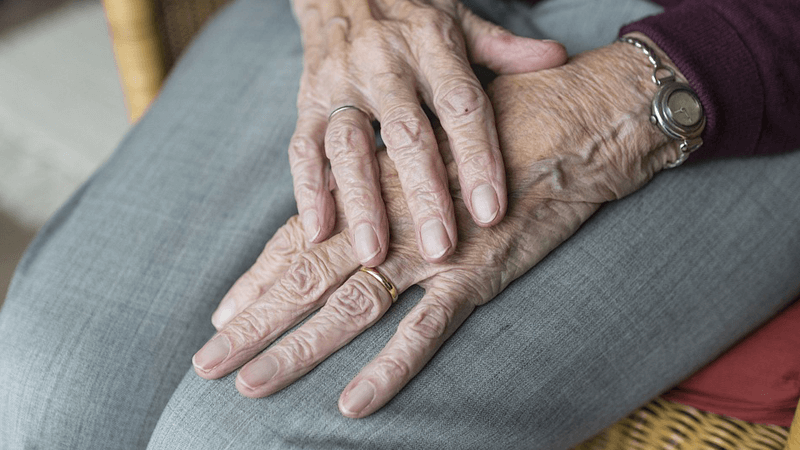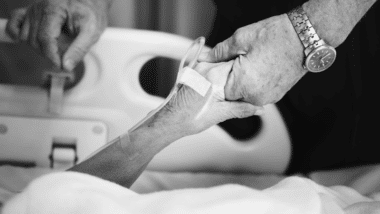Allowing doctors to help vulnerable patients kill themselves would be an assault on human dignity, experts on the issue have warned.
In recent days palliative care experts and ethicists have spoken out against those seeking to liberalise the law on assisted suicide in Britain.
A Bill to remove protections for vulnerable people is currently before the Scottish Parliament, and Westminster’s Health and Social Care Select Committee has called for evidence on assisted suicide in England and Wales.
Coercion
Writing in The Times on behalf of the Scottish Council on Human Bioethics, Katie Breckenridge challenged arguments from supporters of MSP Liam McArthur’s Bill that it would lift ‘the burden of care’ from the family, “benefit the economy” by not ‘wasting resources’ on nursing the dying, and increase organs available for transplantation.
“This mindset of treating ailing persons as economic burdens and as optimal sources for organic materials dehumanises and could even coerce them”, she said.there is no dignity in surrendering to an early, coerced death
“Assisted suicide is presented as a means of ‘dying with dignity’ but there is no dignity in surrendering to an early, coerced death.”
Dr Calum MacKellar, Director of Research for the Scottish Council on Human Bioethics, told The Christian Institute that the push to legalise assisted suicide was dangerous to society.
Vulnerable
Palliative care expert Professor Baroness Finlay of Llandaff, supporting Breckenridge’s argument, also warned against the dangers of “subtle coercion”.
In a letter to The Times, she said: “Our dignity is affected by the way others behave towards us — it is destroyed by dismissive attitudes that undermine our self-worth.”
She added: “We are all vulnerable to coercion at some level. The family keen to inherit may be unaware of their coercive non-verbal signals, and the evidence of an NHS nearing breaking point fuels despair.”
there is no dignity in surrendering to an early, coerced death
Christian values
A claim made by Lord Brown of Eaton-under-Heywood that campaigners were only seeking to remove safeguards in “precisely specified conditions” in England and Wales was strongly rebuffed.
Former palliative care consultant Dr David Jeffrey said evidence from countries that have legalised physician-assisted suicide, such as Canada, “shows that ‘safeguards’ fail to prevent escalating euthanasia deaths”.
And Professor Kevin Yuill, Chief Executive of Humanists Against Assisted Suicide and Euthanasia, responded: “we should not remove the moral imperative to prevent suicide embodied in the 1961 Suicide Act.there is no dignity in surrendering to an early, coerced death
“One need not be Christian to believe in the commandment ‘thou shalt not kill’”.
Kiwi lawmaker wants broader euthanasia laws one year after legalisation
Death pods marketed ahead of Scotland assisted suicide vote
Columnist: ‘Scotland at risk of nightmarish Canadian-style assisted suicide’


